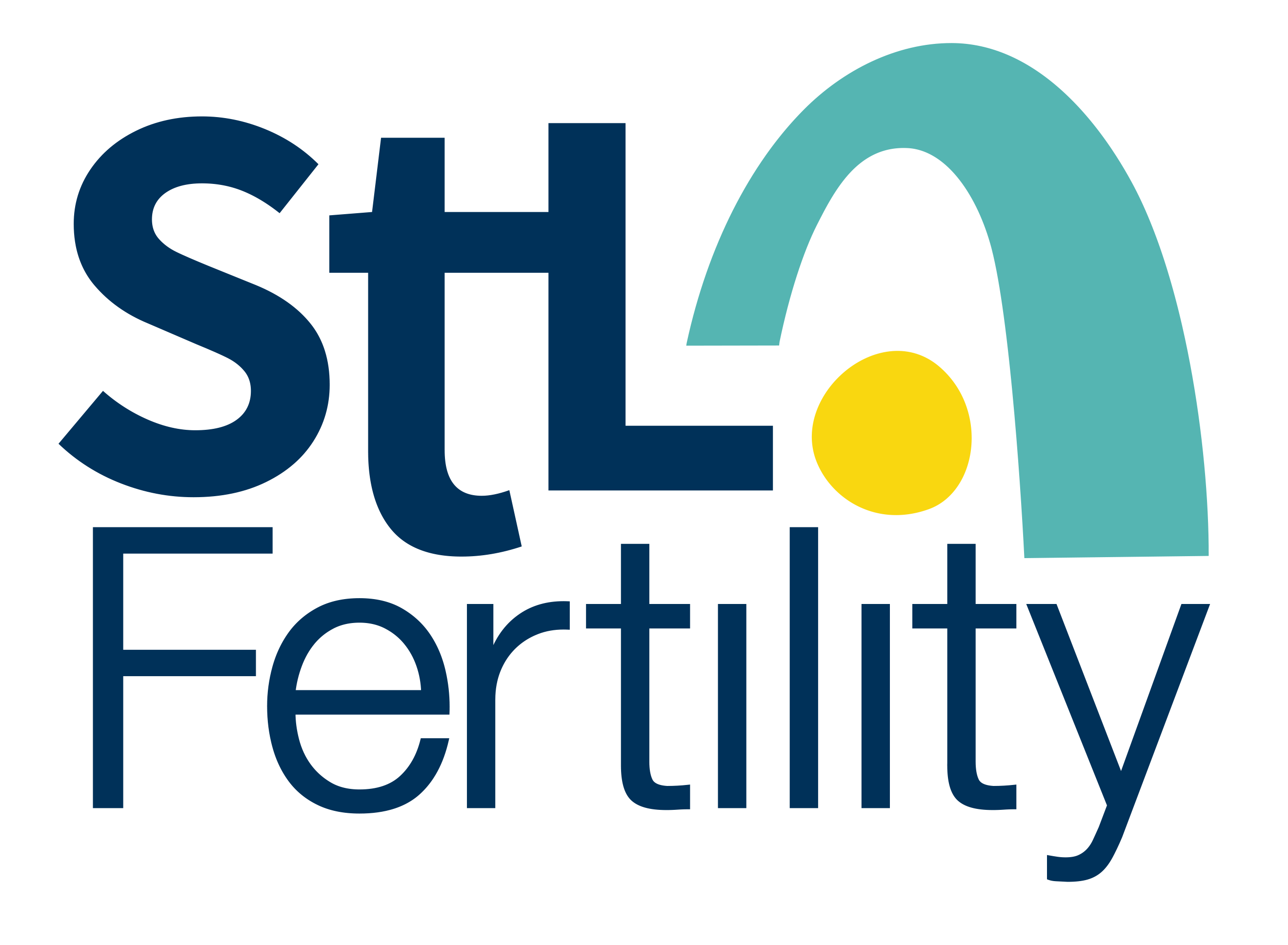While there have been many advancements across the field of reproductive medicine over the last several years, as 2022 unfolds we thought it might be good to go back and review something “old” and its influence on fertility treatment today. We recently caught up with Dr. Molina Dayal, Medical Director from STL Fertility to get more facts about the role of anti-mullerian hormone or AMH in reproduction and fertility.
Q: What is AMH?
AMH, or anti-mullerian hormone, is a hormone that fertility and OBGYN doctors can test for to determine a woman’s ovarian reserve or egg count. Women are born with all the eggs they will have in their lifetime and, as women age, their egg count decreases. With each ovulation, an egg is released and dissolved if it is not fertilized. AMH helps determine how many eggs are still available for potential fertilization as a patient begins their fertility journey.
Q: Is AMH important to my fertility journey?
It’s always good to make decisions with the most information available. AMH testing can help determine what steps to take when beginning a fertility journey. Higher levels of AMH tend to signify a normal ovarian reserve, while lower numbers can indicate diminished ovarian reserves. Knowing where your AMH levels are can help you and your fertility specialist decide what will be the best fertility therapy for you and how quickly to initiate treatment.
Q: How is an AMH test administered?
The AMH test is a simple blood test. There is no preparation needed for the test nor are there any significant risks to being tested.
Q: What comes next?
Once you have completed AMH testing, you have a variety of options. If you are diagnosed with low levels of AMH and have a regular, consistent menstrual cycle, you will have the same rates of pregnancy as a woman with high AMH rates.
If you are diagnosed with high AMH levels, while it doesn’t make you any more fertile than someone else, it can help you decide what other tests to take and what treatments to pursue. High levels of AMH can be found in women with polycystic ovarian syndrome (PCOS) but it can also mean that you might have higher success rates with in-vitro fertilization. Work with your fertility specialist to pick other tests to ensure there are not any other underlying conditions affecting your ability to conceive.
Q: Are there any factors that may skew the results of my AMH test?
Yes, there are external factors that may affect the results of your blood test including family history or previous diagnosis of PCOS, previous ovarian surgeries, previous chemotherapy treatment, oral birth control medication, obesity, certain genetic mutations increasing your likelihood of breast or ovarian cancer, and vitamin D deficiency. If you have experienced any of these factors, be sure to discuss them with your fertility specialist prior to testing.
Q: Are there ways I can naturally raise my AMH level?
Unfortunately, there is no proven way to raise or AMH level. There are some theories that consuming a diet rich in vitamin D while maintaining a regular exercise regimen and healthy diet may help to increase your AMH level, none has been scientifically-proven. The good news is that your low levels of AMH are not your “fault” as there isn’t anything you could have done to change your level.
While AMH testing can give you a better idea of where to start, AMH alone will not answer all your fertility questions. All options and next steps can be explored with the help of your fertility specialist. Knowing your AMH levels can be the first step in determining where to go next.
About STL Fertility
With deep roots in the St. Louis community, our team of experts at STL Fertility, Dr. Molina Dayal, Dr. Maureen Schulte, and nurse practitioner Melanie Miranda, provide the high touch and hands-on experience that fertility patients expect, supported by unparalleled success rates.
STL Fertility is the only 100% locally owned by female physicians, all-female fertility center based in St. Louis. In August 2020, the providers took full ownership of the practice from their former parent company and relaunched the practice as STL Fertility. While the name has changed from SIRM St. Louis Fertility Center to STL Fertility, the commitment and mission haven’t: it’s about helping one patient at a time find an individualized path to fertility success.
